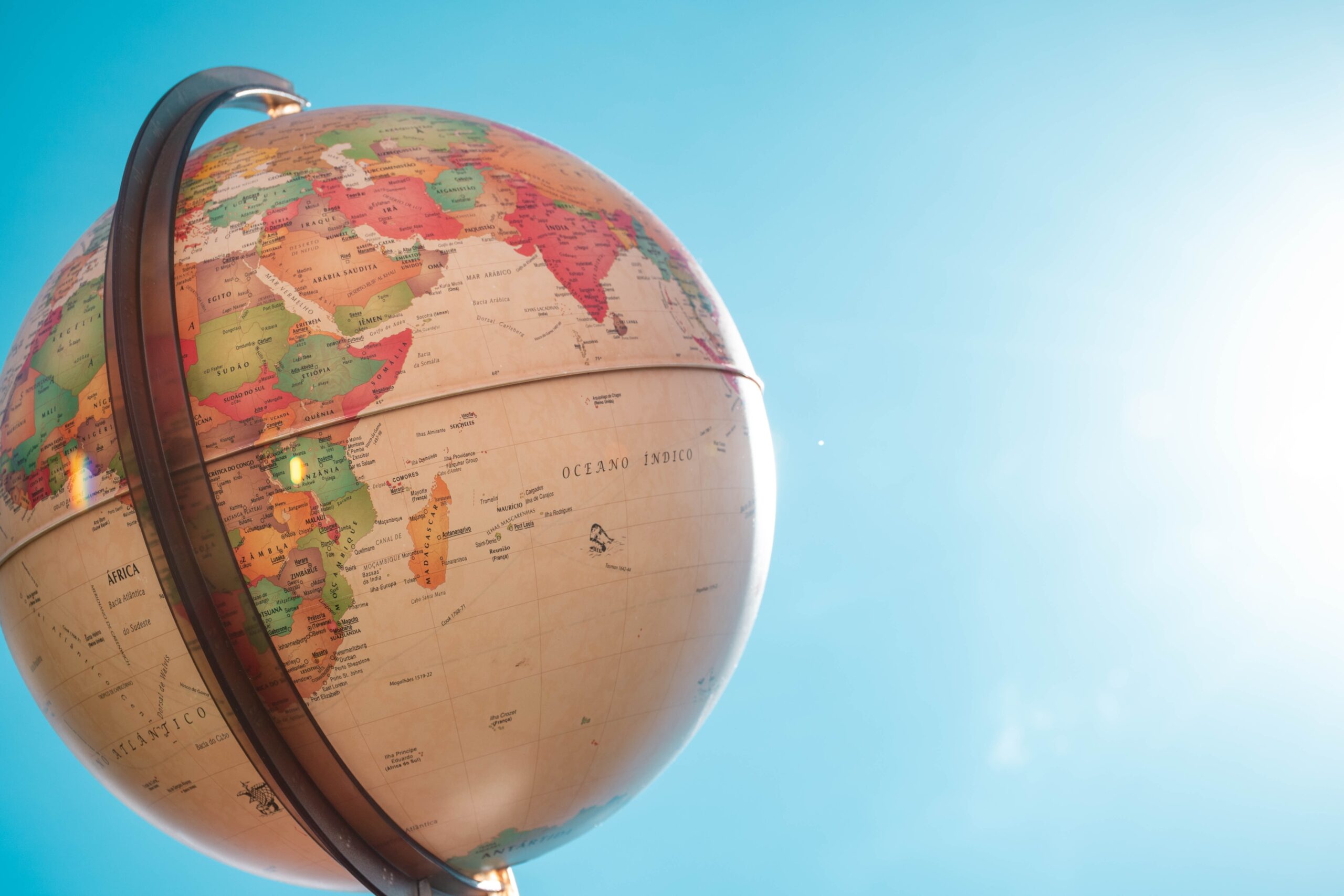18 March 2021
For the Birds
Influencing trading partners.
By Robert Kilconner

Analysing the government’s new integrated review of foreign defence policy will take some time but one of the comments made about it is striking. Sir Alexander Younger, ex-chief of MI6, dismissed the theory that China would gradually get richer and become more like us as they did so, as being “for the birds”. If that is right, and if it applies to other countries too, it has an important bearing on the interaction between sanctions and trade.
Time was when the British Empire covered a large part of the globe and, whatever the rights and wrongs of that may have been, one of the assumptions behind it was that our way of living was more advanced than, and superior to, that of other countries and that at the end of the day they could not do better than end up with a civilisation similar to ours. You can find that in the missionary movement advocating Christian values. You can find it in the confidence of the Crown taking over the administration of India from the East India Company. You can even find it in colonial withdrawals where we sought to bequeath to our ex colonies systems similar to our own.
It didn’t stop there of course and we and our Western friends have never let up in our criticism of autocracy, oligarchy, corruption, state-sponsored misogyny, slavery etc, in extreme cases exerting pressure by imposing sanctions. Arrogant, perhaps, but we all justified it as a step towards helping the process of turning the world into a collection of liberal democracies. “Stick and carrot” we mutter to ourselves. We no longer have an imperial system through which to push our philosophies but we can apply pressure in other ways. “Stick and carrot. We can still make the world a better place”.
The truth is of course that withdrawal from Empire carried, as a necessary corollary, an abandonment of the power to dictate to the world and that the “stick and carrot” of sanctions isn’t enough to enable us to impose our ideas. We are not going to be able to recreate the world in our own image and the question is to what extent we ought to try.
In some cases the theory is easy. Most countries are party to the Genocide Convention so that we all have a duty to enforce that against other signatories. Sometimes there will have been an outrage on British soil, the Salisbury poisonings for example, or a threat to British interests; there we clearly have a right or maybe a duty to protest or take action. What though when this is not the case? Should we intervene simply because we hate aspects of another country’s internal affairs? Should we apply sanctions and refuse to trade with them?
The Victorians had their answer to that. In the 19th century, Royal Naval ships were tasked with suppressing slave trading wherever they came across it. Yes, it was an interference in other cultures but they had no qualms about imposing what they saw as a moral ascendancy. They had the power to do it too. But now we have neither the confidence nor the power. The net effect of sanctions is usually self-damage in trading terms and often damage to already suffering populations; perhaps the less governments do of this sort of thing the better and it seems likely that, following Brexit, Britain will limit its strictures on possible trading partners. Who then will pick up the cudgels? Who will be the new St Georges putting pressure on those regimes who oppress their people? Could it be the social media companies, perhaps, inspiring movements for political change, running campaigns boycotting goods from particular sources or manufactured in particular ways, exposing corruption? The very same social media platforms we condemn for false news? Perhaps we should be careful in how we attack them.


